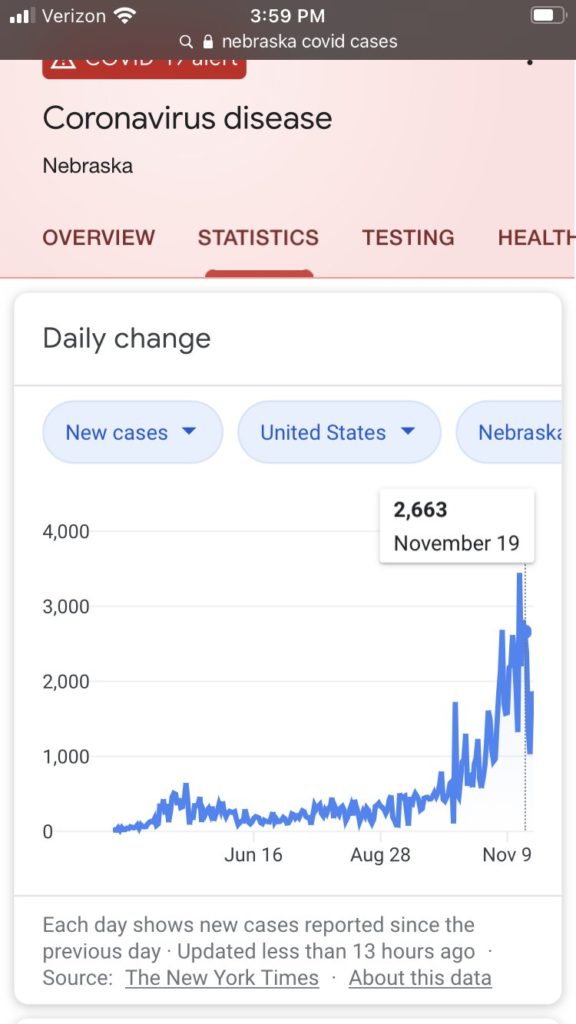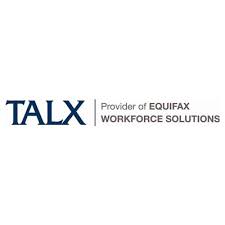A good union can shut down a lot of standard tricks from insurers/claims administrators/self-insureds in workers’ compensation claims
My fellow workplace law blogger, Cleveland-based management-side attorney-blogger Jon Hyman, has been raising the alarm about resurgent unionization drives in the wake of union victories at Amazon and Starbucks. His message to employers is that unions, long thought dead, are making a comeback.
One Jon’s fear and nightmare is another Jon’s hope and dream. In my 17 years of experience of representing employees in workers’ compensation and employment law cases, I can say it’s about time unions had a moment.
This is particularly true if an employee gets hurt on the job. Here are the major advantages of working union versus working non-union when you get hurt at work.
Job Security
Most union contracts require that an employer proves just or good cause to fire an employee. In practice this means proving some willful misconduct weighed against an employee’s work history and other mitigating factors. If and when push comes to shove, an employee has a good chance of overturning a termination in an arbitration proceeding.
In contrast, a non-union or at-will employee can be fired at any time. Sure most states, including Nebraska, have laws against workers’ compensation retaliation. But are those laws effective? A study by the Texas Department of Insurance questions the effectiveness of those laws. They reported 52 percent of injured workers were fired more than six months after being hurt on the job.
I’m not surprised as there are all sorts of pro-management tricks and traps in retaliation cases. For example, courts are reluctant to find protected activity, but even if they do they are raising the burden of proof for causation. There are also judge-made rules like the managers rule that disqualify certain employees from claiming retaliation and the good old-fashioned “honest belief” rule that often leads courts to discount false reasons for employment decisions.
Of course an employee also has the burden of proof in a civil case against their employer, so employees are a playing field tilted toward the employer. A lot of judicial precedent just pours grease on that uphill climb.
Job Security, Part 2: Extended leave and employee-friendly return to work programs.
Union contracts typically give employees protections above and beyond what is afforded to at-will or non-union employees.
One reason many injured workers lose their jobs is that their recovery takes longer than the mandated 12 weeks of protected leave under the Family Medical Leave Act. (This is particularly true if employers/insurers drag their feet on approving medical care) Further, even if an employer and employee go through a good faith interactive process to accommodate a medical condition as required by the Americans with Disabilities Act (and that’s a big if) the employee isn’t guaranteed a job.
Union contracts often address these concerns through extended leave provisions, negotiating return to work and light duty issues and giving employees seniority rights that allow them to bid into easier jobs. Unions can also build solidarity among co-workers which makes it easier for workers to informally accommodate disabilities among themselves rather than engaging in paper-heavy and adversarial process with human resources and/or occupational health.
Good union v. meh union when it comes to workers comp.
I just read over a union contract on workers’ compensation and return to work for a client. Like 1980s NBA action, it is fantastic. Not only do they negotiate return to work and light duty, they bargain for the employer to cooperate in the claim and to not interfere or retaliate for members who get hurt on the job. Further they place some limits on the company contacting their members. In other words, if a company engages in a lot of standard insurance company/claims administrator/self-insured shenanigans, the company could be looking at arbitration.
Some unions punt on workers’ compensation under the theory that since they don’t negotiate for workers’ compensation, they will leave it to the company. I don’t like that philosophy. But even in a union where the union takes a hands-off position towards workers’ compensation, the employee still has more job security and better benefits.
Good insurance benefits for denied workers’ compensation cases
Insurers and claims administrators like denying workers’ compensations cases on questionable circumstances. This is particularly true in states like Nebraska where employees can’t sue their workers’ compensation insurer for bad faith. If an employee doesn’t have health insurance, then they will often have a hard time getting the medical evidence they need to prove up their workers’ compensation case by going to the doctor.
But union employers tend to have good health insurance that allows employees to get the medical treatment they need for their health and for their disputed workers’ compensation cases. Sometimes employees can also collect private disability. Sure health insurance and disability liens can create hassles in resolving a workers’ compensation case, but getting health care and income far outweighs any inconvenience caused by dealing with potential liens at the end of a case.
Do non-union employers have similar benefits. Sometimes yes, but why do they have these types of benefits? Often times its to offer benefits similar to unionized plants. I see this frequently in meat packing in Nebraska. I litigate frequently against beef processing plants owned by Tyson in Lexington, Nebraska, Cargill in Schuyler and JBS in Grand Island. JBS and Cargill are union, Tyson isn’t. But Tyson’s benefits and even some of their leave policies are similar to the unionized plants. Tyson has to keep up with JBS and Cargill.






